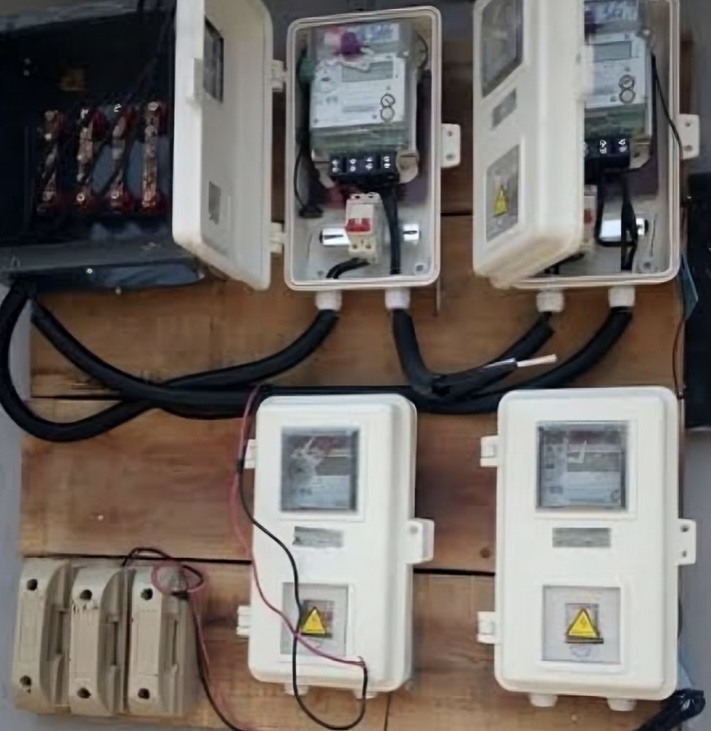KEY POINTS
- More than 68 percent of electricity users in Nigeria bypass their prepaid meters, worsening liquidity woes.
- Power operators call for cost-reflective yet socially balanced tariffs to protect poor consumers.
- Experts warn that without reform, theft and inefficiency could cripple Nigeria’s electricity market.
More than two-thirds of electricity consumers in Nigeria are bypassing their prepaid meters to use power without paying, a practice that is bleeding the already fragile electricity sector, according to the Nigerian Independent System Operator (NISO).
The revelation was made in Abuja during the fifth annual conference of the Power Correspondents Association of Nigeria (PCAN), where stakeholders and regulators gathered to discuss the worsening liquidity crisis in the power market. Officials warned that the widespread bypassing of meters is not only undermining revenues but also threatening the financial sustainability of distribution companies.
Audu Lamu, Managing Director of Mainstream Energy Limited and a board member of NISO, said the economic hardship in the country was making it increasingly difficult for consumers to pay for electricity. Represented by NISO’s Chief Executive Officer, Abdu Bello Mohammed, he noted that inflation, unemployment, and declining purchasing power had combined to weaken households’ ability to meet even basic utility costs.
“Millions of households in Nigeria still lack access to reliable electricity,” Lamu said. “For many, being connected to the grid does not guarantee supply, and for others, the cost of energy remains beyond reach. Energy poverty is not just about the absence of power but the inability to afford sufficient electricity for daily life and productive enterprise.”
Calls for Balanced Tariffs and Smarter Subsidies
At the heart of the debate was Nigeria’s long-running struggle to establish a cost-reflective tariff system. Lamu argued that while the need for commercially viable tariffs cannot be avoided, they must be implemented in a way that does not further impoverish vulnerable citizens.
He urged the government to adopt a targeted subsidy system that prioritises low-income earners, rather than the blanket approach that has perpetuated inefficiencies. “Properly designed lifeline tariffs and data-driven, welfare-linked rebates can protect low-income consumers while allowing the market to function efficiently,” he said.
NISO’s General Manager, Ali Bukar, underscored the scale of the crisis, disclosing that over 68 percent of customers are either bypassing meters or engaging in other forms of energy theft. “This level of non-payment is unsustainable and threatens the stability of the entire sector,” Bukar said. He advocated for tougher enforcement measures and the use of technology to detect and prevent illegal connections.
Obas Esiedesa, Chairman of the Power Correspondents Association, described the situation as a reflection of deeper structural weaknesses in the power market. “More than a decade after privatisation, tariff balancing remains one of the biggest hurdles,” he said. “The industry is still weighed down by an estimated N6 trillion debt owed by the federal government to generation companies, coupled with weak transmission infrastructure and a persistent liquidity gap.”
Analysts at the event warned that without urgent reforms, including strict anti-theft enforcement, investment in infrastructure, and fair tariff adjustment, the sector could remain trapped in a cycle of inefficiency.
While operators push for tariffs that reflect market realities, millions of Nigerians continue to live with erratic power supply or depend on expensive diesel and petrol generators. For many households, electricity remains both unreliable and unaffordable, a paradox that continues to dim the country’s prospects for industrial growth and economic stability.



